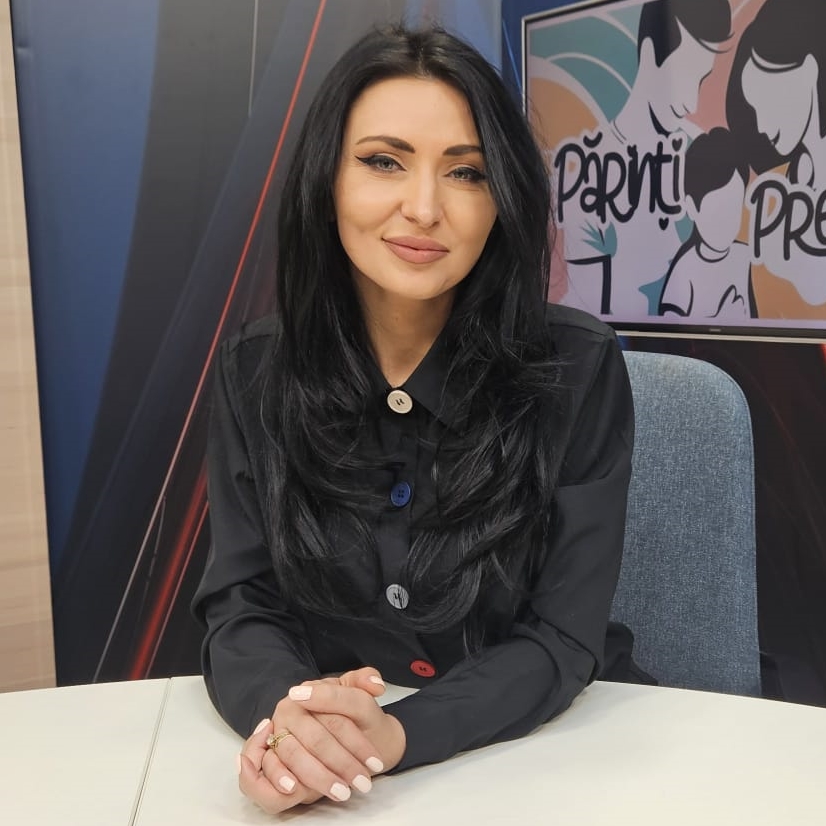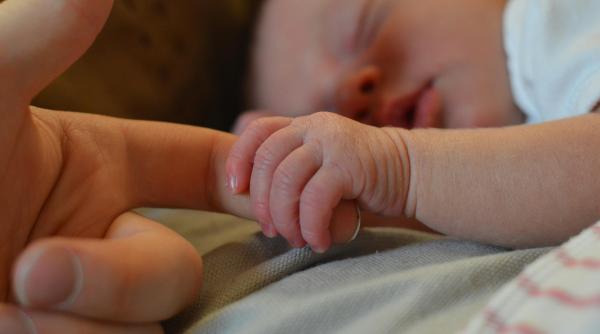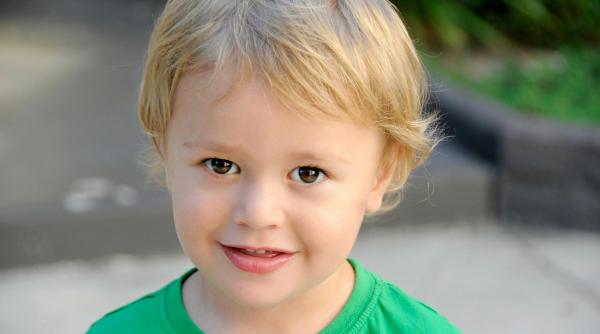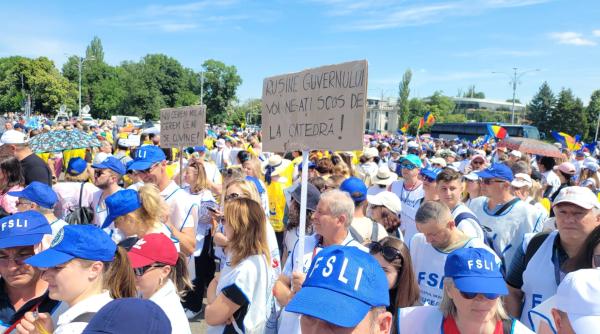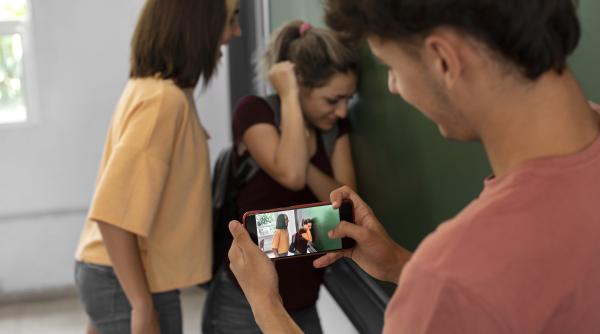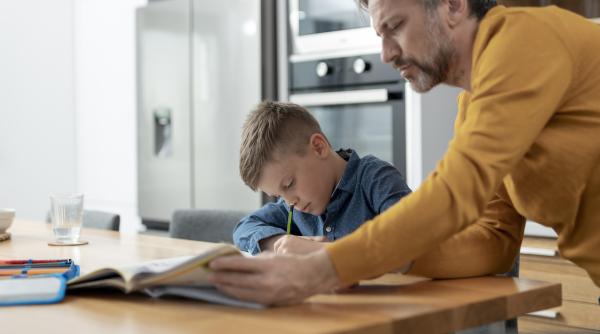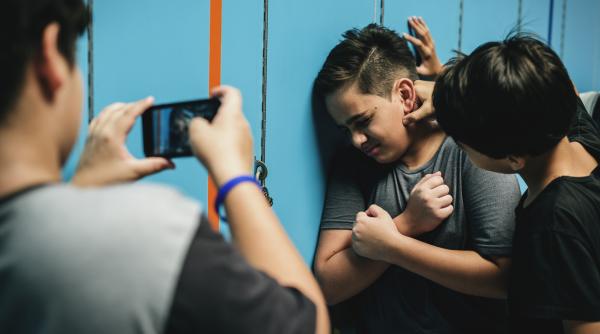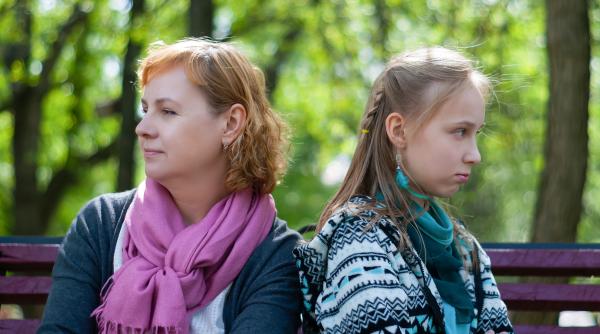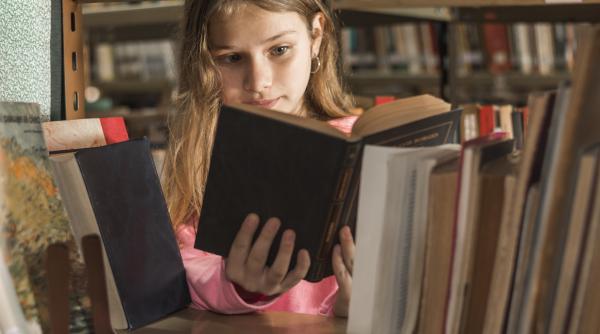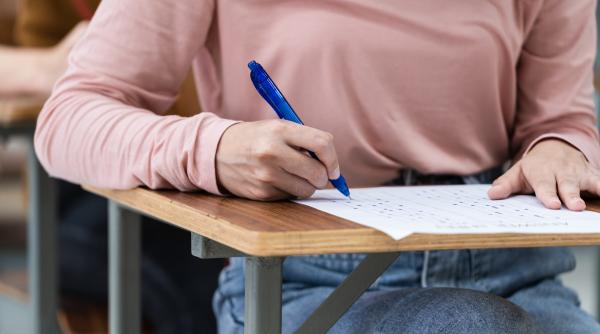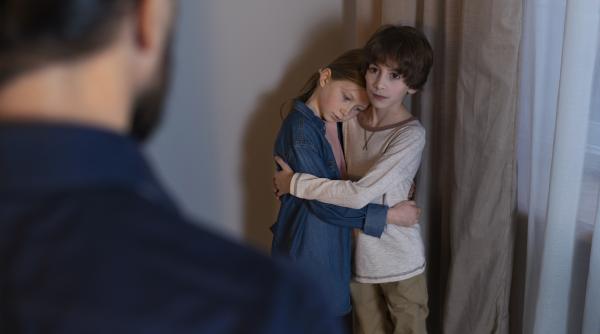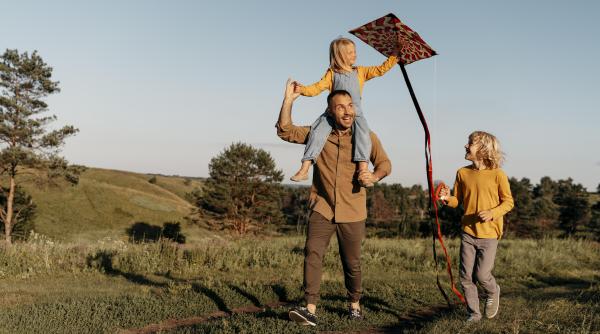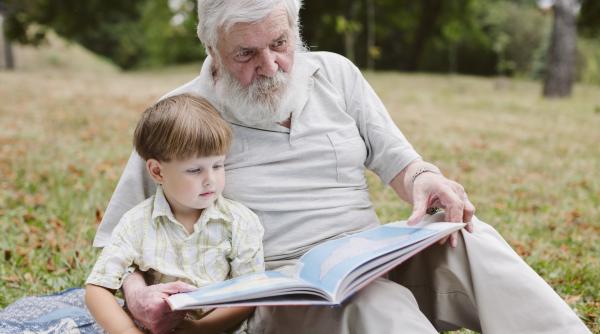The founders of Money4Kids argue that it is essential to have open discussions within the family, where parents talk to their children, and everyone is involved. Even if the little ones don't fully understand, they sense the atmosphere. As children grow, starting as early as age 3, we can gradually involve them in discussions about money.
"It is very important to have discussions within the family, between parents, in the presence of the child. Even if the child may not understand much, but indeed feels. They can feel tensions, and discussions among adults, and their parents: whether we talk negatively about money in the house or have a relaxed discussion about money, it is normal and natural to talk about money.
Then, when they are older, starting at 3 years old, we can include them in these discussions. How? 'Look, we're making a shopping list. We have this money, we'll get what we need in this shopping session. In the next session, we'll also get a desire. Look, mom wants X, dad wants Y, what do you want?' And we'll get that thing. We involve them in discussions, that's how we can empower them!
Then comes the part of goals. If we have goals, of course, he will also want to put something on the board, and if he sees that the parent is saving for that goal, it's natural and normal, it's a very slow transition. We must be engaged in this financial education as well.
If we implement financial education in institutions, kindergartens, and schools, the teacher does it with the child in the institution, but if they come home and the parent tells them something else, the child will remember from the parents, never from the teacher! Because it's the emotional relationship, it's the emotional connection, and the child learns in correlation with their emotions, from that person they emotionally connect to", explained Roxana Bucur on Părinți Prezenți, a show by ParintisiPitici.ro.
How do we make a child understand the difference between needs and wants?
How can we help them grasp this distinction? Experts emphasize the importance of patience and repeated explanations. We shouldn't get discouraged if they don't understand it the first time. We need to be consistent and not give in.
"Through patience! They won't understand it at first! It takes patience to explain and not give in. If we've said we'll only buy needs, we should explain: 'To grow, we need to eat, vegetables help us, these are needs. Sweets are wants.' We can occasionally indulge in wants, but only from time to time.
A personal example is very important! How can they understand? By speaking in terms of 'needs' and 'wants' between us as adults, between partners. At preschool age, children learn from examples, from models, concretely, and intuitively. So, I tell them: 'Look, this is a need. I need this, yes, I don't need the tenth pair of shoes, that's a want. But if I said I'll fulfill a want this time, look, I'll buy the tenth pair'", Roxana Bucur further emphasized.
PHOTO: freepik.com @mockupdaddy-com
Do we give children pocket money?
Andrei Popa argues that pocket money should be received as a reward for their work, not as a mere handout. According to him, when children earn money through hard work, they become more mindful of how they spend it. He referred to an experiment he conducted with his two boys.
"They can have pocket money. Whenever a child earns that money and it doesn't just come to them, they will be very careful about what they buy. And I conducted such an experiment with my two boys.
We went shopping and said: 'You have a budget of 50 lei, your money, the money you earned. You can buy whatever you want, just stay within this budget.' I want to say that he walked through all those shelves in that hypermarket about two times, calculating, and figuring out how he could stay within it. He did. He spent around 47 lei, something like that. He stayed within it, had about 3 lei left, and I told him to put it in his piggy bank.
We make them responsible first and foremost when we give them freedom, somewhat conditioned by staying within a budget, but with their own money. When it's our money, they don't care how much it costs, but when it's their money and they know it's limited, then they'll care.
So, this would be a first piece of advice, to let them choose, but to set a limit, a limit that we establish. It could be 50 lei, it could be 100 lei, it could be 200 lei, depending on what they have in their piggy bank and what they want to have.
Similarly, as Roxana said, it's good if we can divide that amount between needs and wants. To explain to them: 'Look, with 25 lei you can buy what you want,' if it's a want, 'with the other 25 lei you can get what you need.' For example, a hat, gloves, or a scarf, that's a need, because it's the need to keep warm, not to feel cold.
I'm not saying this step is the best or the one we have to take immediately, but it's a first step for the child to understand: 'I have this money, I can spend it, indeed, but I need to stay within it and I can divide it somehow into the two categories. Into what I need, but also into what is a desire for me'", Andrei Popa pointed out.
We give children pocket money with a condition!
Roxana Bucur emphasized the importance of prior preparation of children in terms of money management before giving them pocket money. According to her, it is essential for them to understand the difference between needs and wants and to start saving. Roxana highlighted that once the child starts saving, they will begin to strategize how to buy what they want while also saving money for the future.
"A condition is to do this after we have explained the distinction between needs and wants after the child has started saving. That's exactly what will happen, they will think about how to still get what they want but also have some money left to put in their piggy bank.
If we want to start financial education and give them pocket money and have the idea come from them to put money in the piggy bank, it won't happen! This is not how financial education is created: I give them money and make them responsible, and they come up with the idea to save! No! First, I provide financial education through needs, wants, tasks, earning, saving, and achieving a goal, and only then do I take this step. And exactly this will happen, it will come from them, I don't have to tell them!
I gave them the budget, and they can spend it, I have no problem with that, but the solution to save some money for the piggy bank will come from them", Roxana Bucur clarified.

